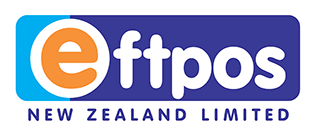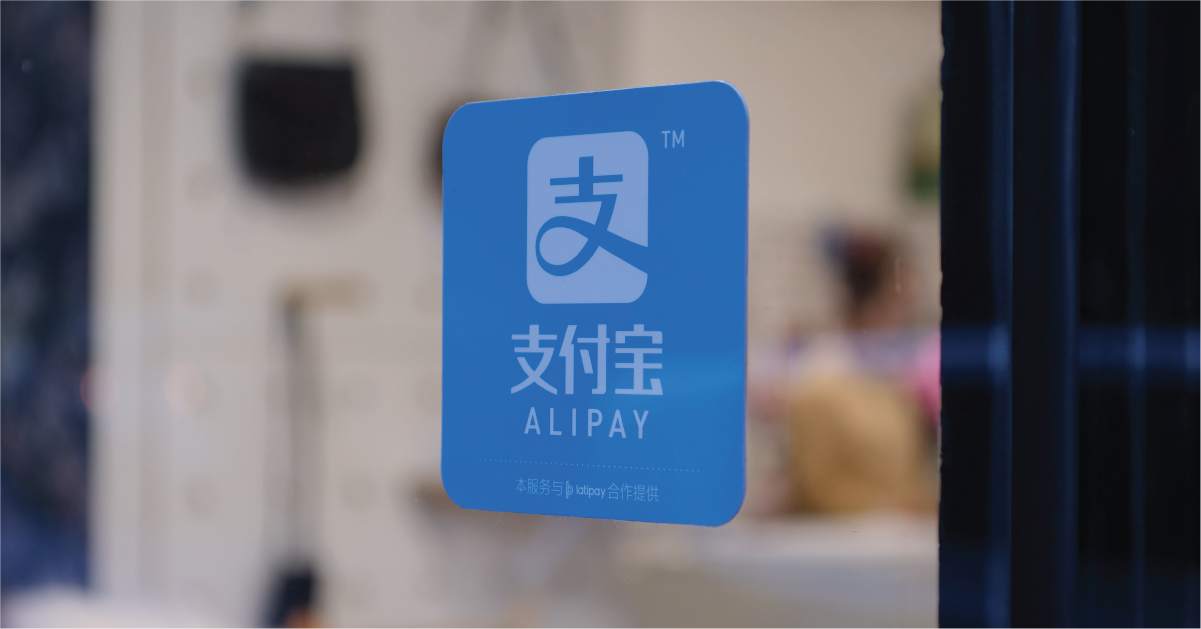
When customers ask their bank for a payment card they can choose between an EFTPOS card, a debit card, or a credit card. Credit cards function on a revolving credit system, while EFTPOS cards and debit cards use funds withdrawn directly from the customer's bank account. Keep reading to explore the differences between EFTPOS and debit cards, and how card type impacts the cost of payment acceptance for businesses.
What is a debit card?
When it comes to everyday transactions, EFTPOS cards and scheme debit cards, also known simply as debit cards, are the most popular options in New Zealand. 'Scheme' debit cards are issued by schemes such as Visa and Mastercard and are linked to a customer's everyday bank account, allowing direct spending from available funds. They offer a higher level of flexibility compared to EFTPOS cards, as they can be used for online and in-store purchases, digital payments through smartphones or smartwatches, cash withdrawals from ATMs and are accepted worldwide wherever the debit card payment scheme is accepted. In addition, debit cards offer the convenience of contactless payments, allowing customers to effortlessly tap their card on an EFTPOS terminal for in-store purchases.
What is an EFTPOS card?
EFTPOS cards enable customers to pay for goods and services with funds from their bank accounts without involving payment schemes like Visa or Mastercard. EFTPOS cards can only be used to pay at an EFTPOS terminal by swiping the magnetic stripe in the terminal's card reader. They are designed for in-person transactions at the point of sale and are not typically used for online purchases. This payment network is governed by Payments NZ in New Zealand and has similar localised networks in other countries like Australia and Singapore.
The shift to Debit cards
Debit cards have become the preferred choice for consumers in New Zealand due to their flexibility, ease of use, and compatibility with digital wallets. Whether it's paying bills, shopping online, or making in-store purchases, debit cards offer a convenient and secure way to complete transactions. With the rise of mobile wallets and wearable devices, consumers now have the option to make payments with just a tap of their phone or smartwatch, eliminating the need for physical cards.
While some cardholders may express concerns about the security of debit cards, debit cards offer additional layers of protection supported by the card issuer and card schemes, ensuring robust security measures are in place to defend against potential threats.
Transaction fees for merchants
When customers tap their contactless card or device or insert/swipe their card and choose 'Credit', merchants are charged a fee by their bank to process the transaction. When customers insert or swipe their EFTPOS or debit card and select 'Cheque' or 'Savings, there is no charge for processing the transaction.
Tip for cardholdersSwipe or insert your EFTPOS or Debit card to avoid paying surcharges. Only credit and contactless transactions are eligible for automatic surcharging on EFTPOS terminals. |
When a debit card is tapped, it is routed to the cardholder's bank for verification through the merchant acquirer and relevant card scheme. The acquiring bank incurs an interchange fee charged by the card issuer, which is included in the merchant service fee. The merchant service fee also incorporates fees imposed by card schemes and payment gateways for processing the transaction.
Depending on the structure of your merchant service fees, processing a tapped debit card may have lower costs compared to credit cards. The fee for processing a tapped credit card is also typically lower than if the card is swiped/inserted.
Blog: Reducing Overheads: 7 Smart Cost-Cutting Measures for Small Businesses
Surcharging
In New Zealand, it is legal for merchants to offset their Merchant Service Fees for accepting ‘scheme’ transactions with surcharging. When you enable surcharging on your Eftpos NZ terminal, your terminal will automatically detect when the transaction is a ‘scheme’ transaction and apply a surcharge. Our new Android machines even allow for contactless transactions to be surcharged.





.jpg)
Comments